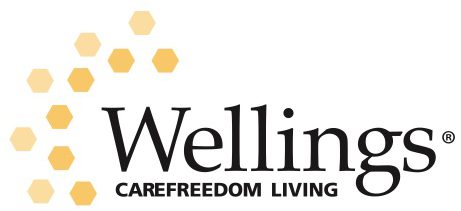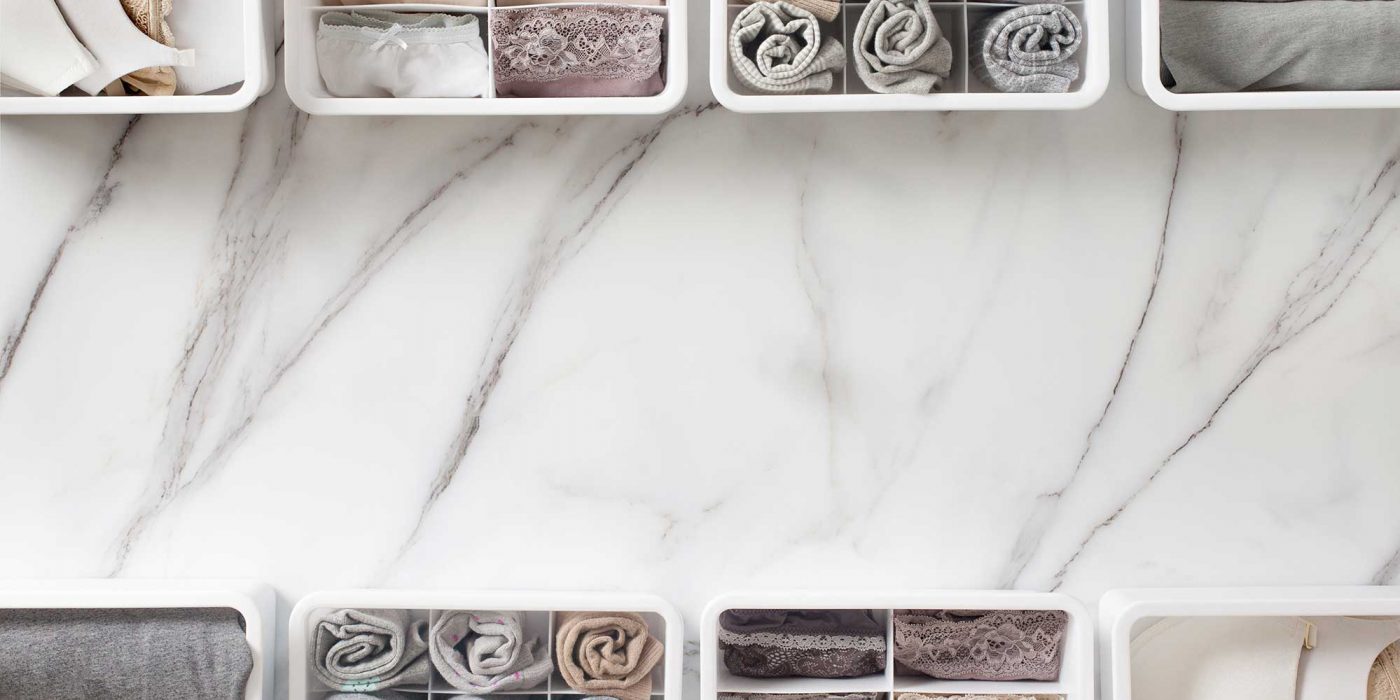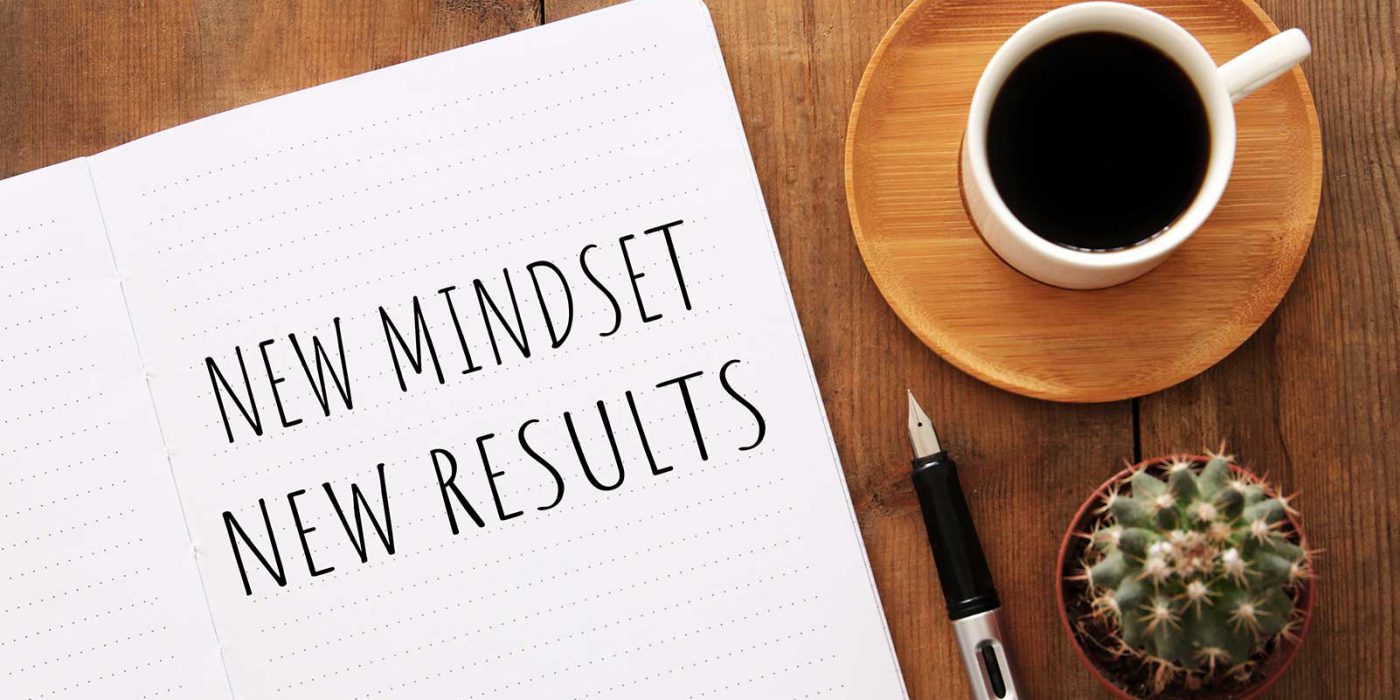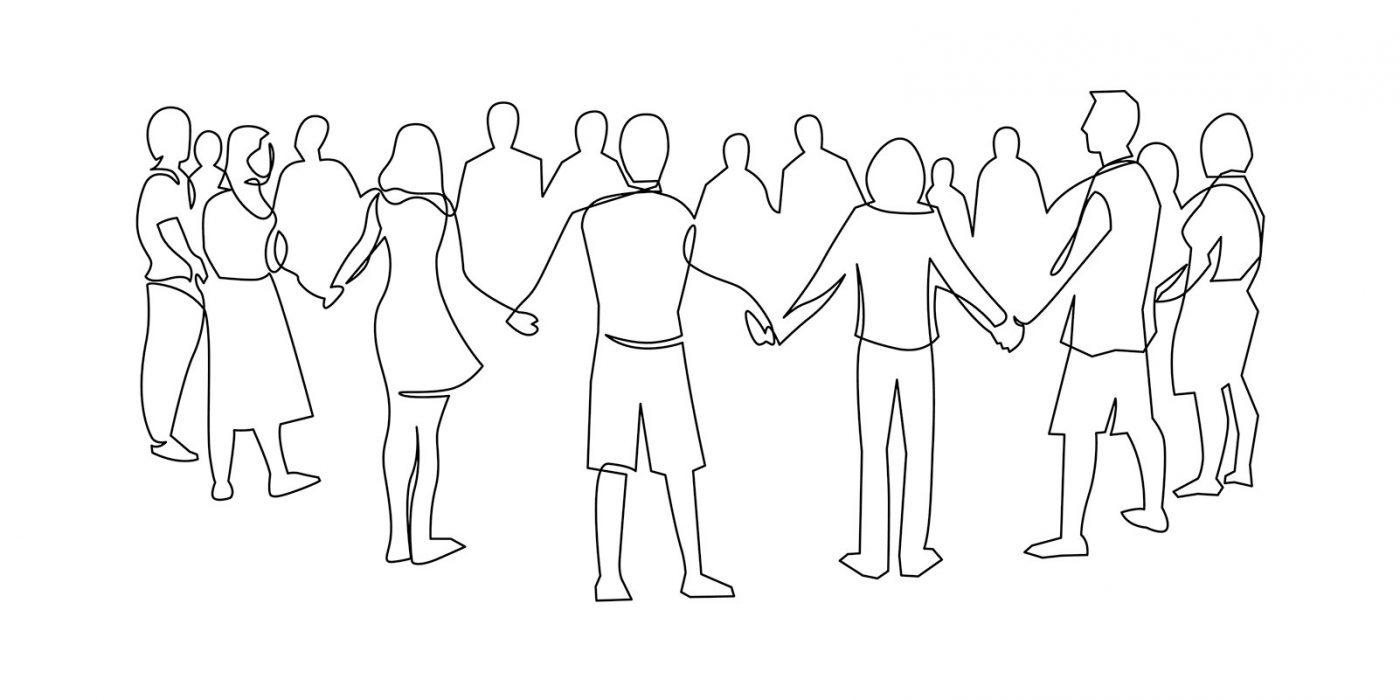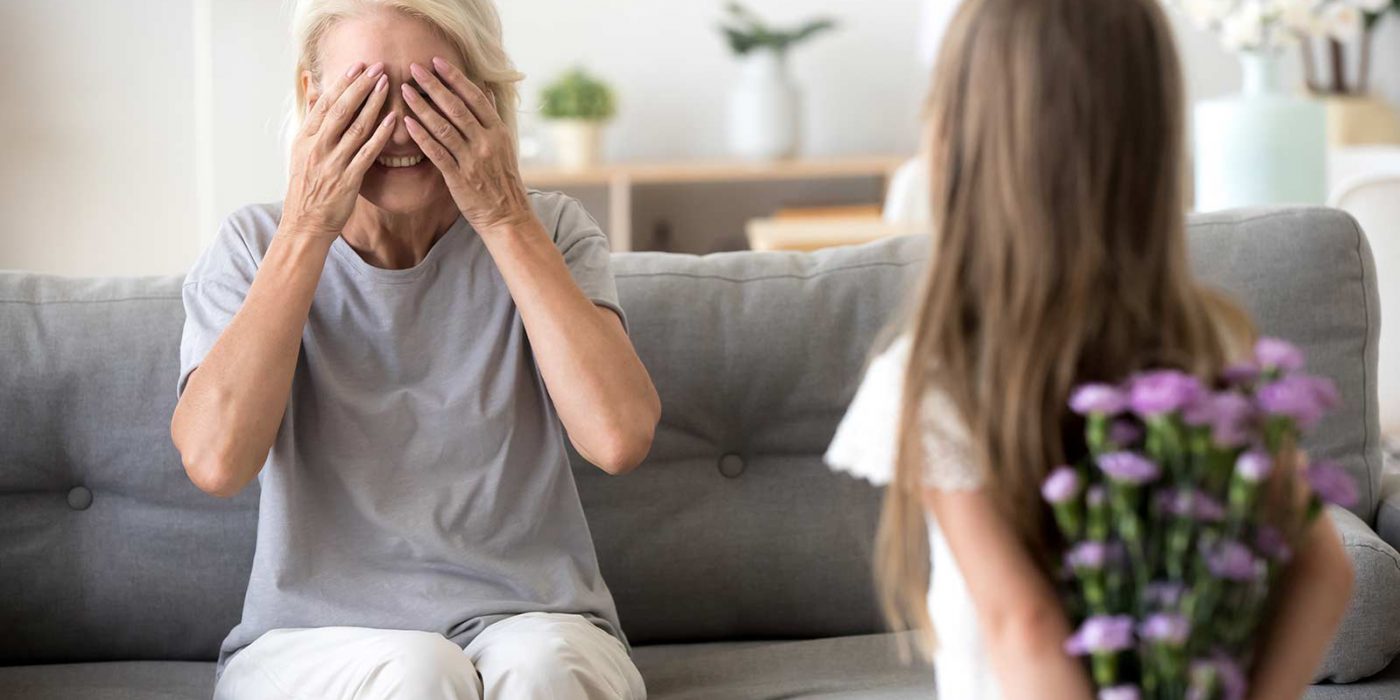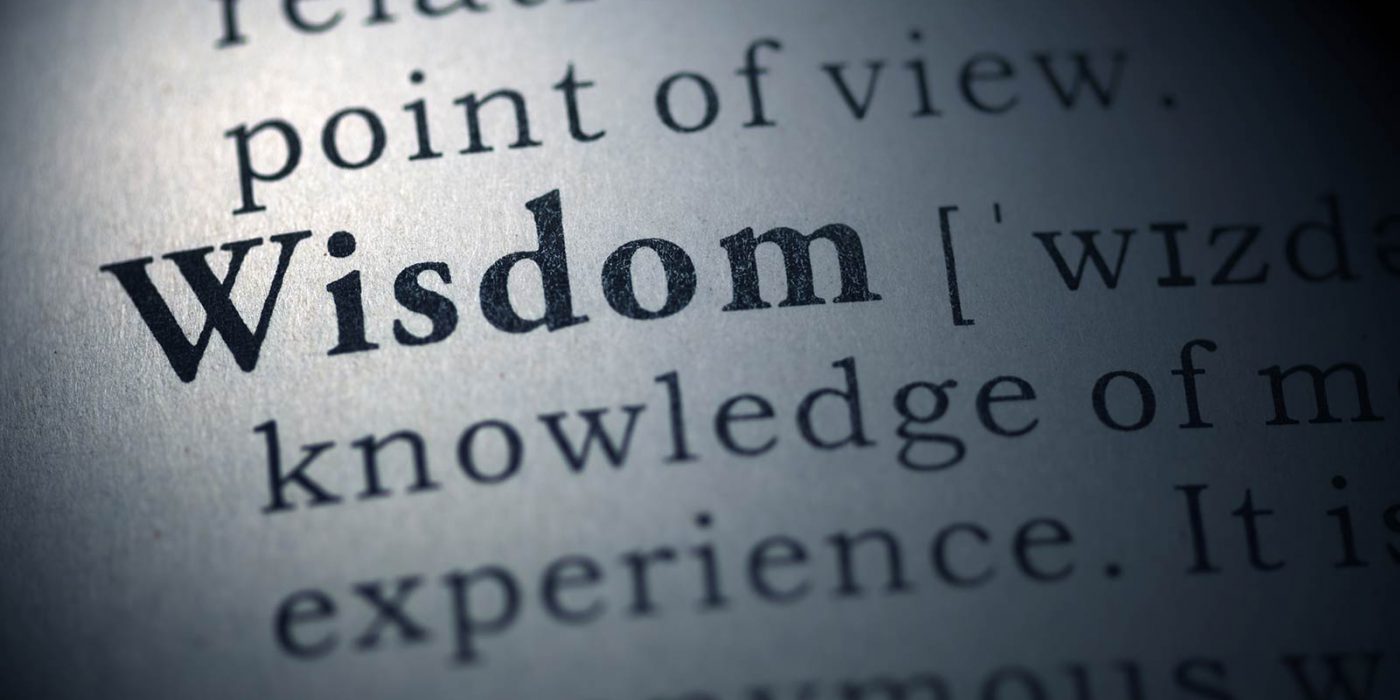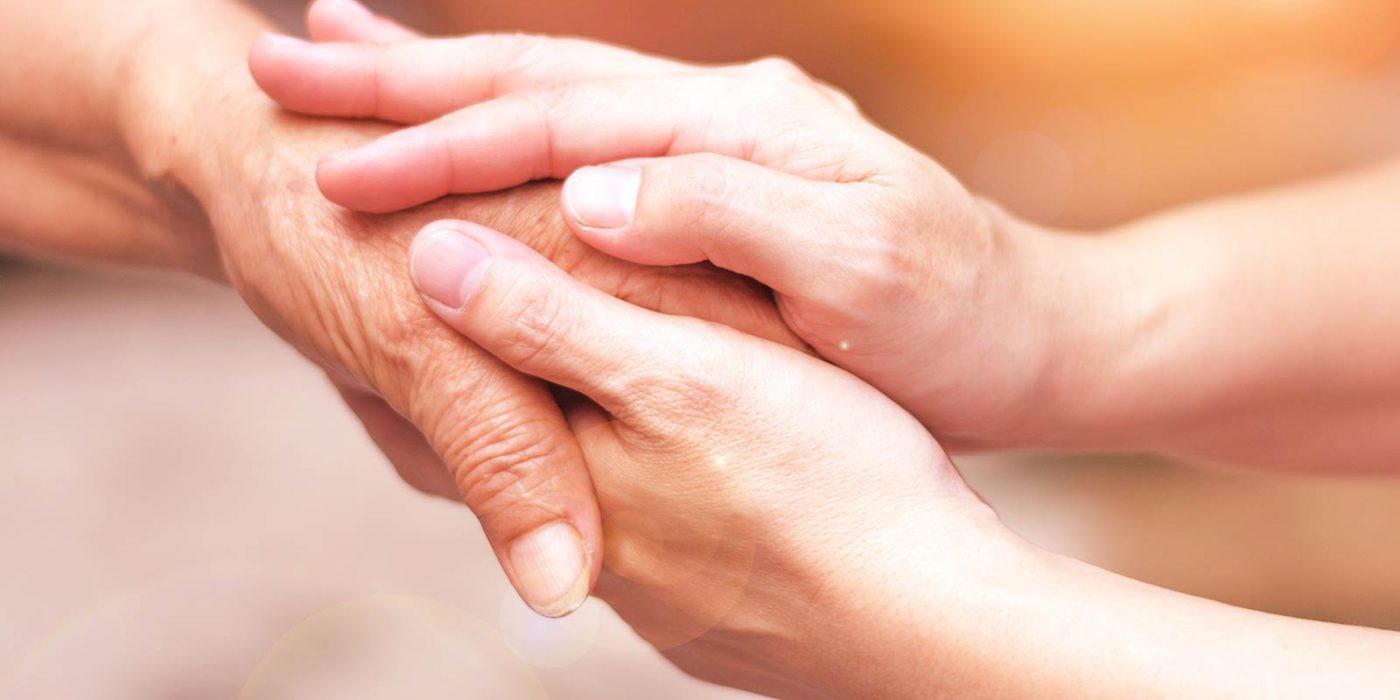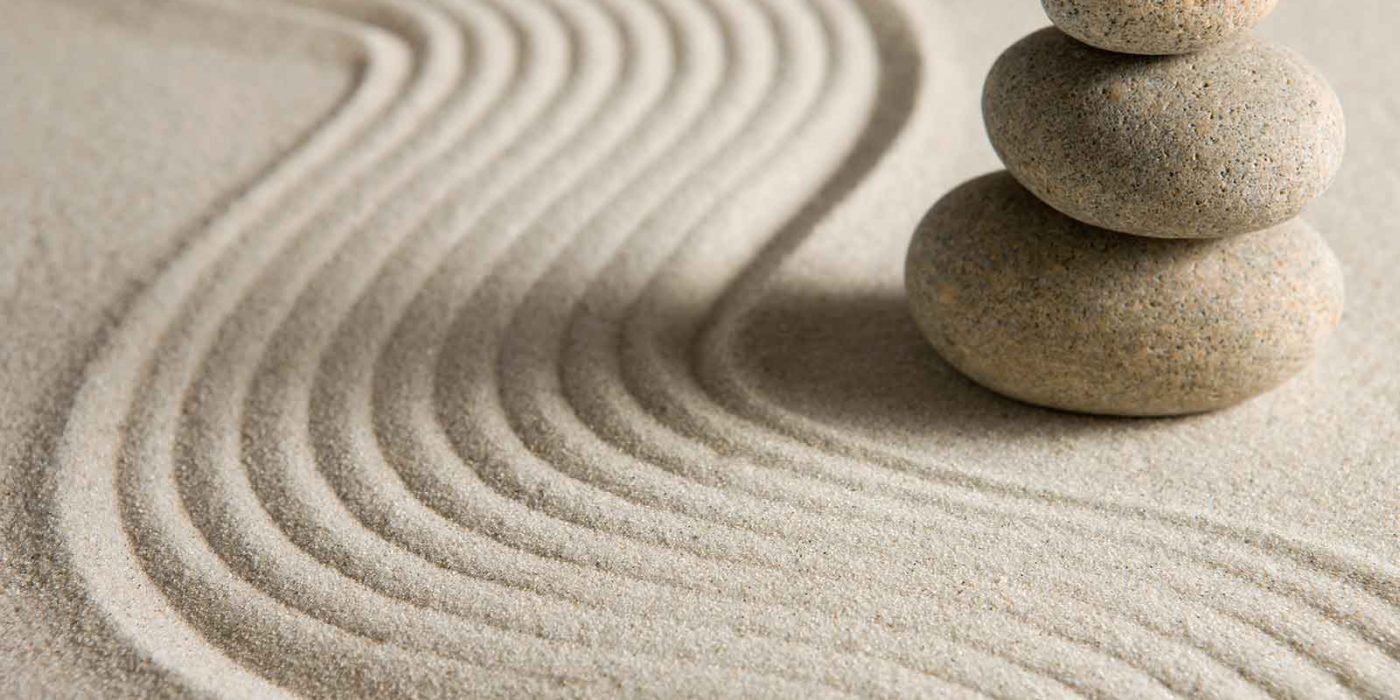Decluttering in a Pandemic: Your Guide to Feeling Lighter
Discussing decluttering a year or two ago was quite a different conversation. Marie Kondo, the Japanese organizing consultant had us all under her spell, teaching that if something didn’t spark joy in us, we should let it go. Now we’re storing toilet paper and keeping our pantry full of dry goods just in case. We’re in survival and preparedness mode and that sparks stress: an indescribable often unacknowledged tension that lies there like a blanket covering all of our lives.
There’s nothing like a global health crisis to reshape how we think, how we spend and how we live, among other things. We panic purchased to help calm the fear that rose up and took over; we’ve been watching the news to stay informed, thinking that might calm the fear but it just feeds it. Almost a year later we are more hopeful with news of a vaccine but we are nowhere near the end of this and I think we’re all tired of being afraid of something we can’t understand. Let’s be mindful that fear serves a purpose; its job is to keep us safe and our job is to manage how much of it we allow to direct our lives. If we declutter fear, we’ll be able to see ourselves through this Pandemic with more hope and optimism.
Some good news in all of us spending time at home is that we’re finally getting around to painting a room or two and switching out furniture we’ve been meaning to replace. This has been a great benefit to charities like the Furniture Bank that assist refugees and low-income families with used furniture. There’s the rise in kindness and compassion we’re seeing in our neighbours, we’re spending less time in our cars and the work world is seeing benefit in having some employees work from home. I think we’re all searching for reasons to feel hopeful that out of this chaos comes some positive change. Isn’t that the way it always works? If we look back over our lives, I think we can all see evidence that out of disorder a new order is created however we just don’t do well when we don’t know what’s coming or when.
We want to plan grand reunions, we want to know when we can hug our kids and receive a hug from a friendly soul and who can blame us? We are made to live in a community; not isolation. So let’s begin by focusing on ways we can feel empowered instead of powerless. It starts with gratitude and appreciation for what we do have and what we can do. To activate the feeling of empowerment, it’s important that we implement simple practices like letting people know we appreciate them by giving compliments, making phone calls and sending messages to those we’re grateful for. There’s a lot of power in directing our attention this way.
We also have to manage how much time we devote to the news. It’s important to be informed but cultivating calm is how we quiet fear; we cultivate calm by settling the mind through prayer or meditation, whatever resonates with you. We calm our mind through exercise and focusing our attention on what we can control; surrendering the worry thoughts about what we aren’t in charge of. It’s like fine-tuning our insides; instead of allowing fear to make us feel scrambled and overwhelmed, we can manage our feelings by focusing on calm.
As we go through the day, instead of looking to the outer world for certainty, let’s go inward and take charge of our attention and focus. Remember that how we feel is going to dictate how our day will unfold. When we begin the day with appreciation and healthy boundaries, we’re decluttering our minds and choosing to feel empowered. When we limit our exposure to stressful influences we’re nurturing our mental wellness, which is an investment worth making if what we want is to live well.
Here’s a checklist to help maintain focus:
- Start your day by acknowledging what you’re grateful for; name at least five things.
- To activate feelings of empowerment, focus on what you can do such as giving compliments, reaching out to those you appreciate and giving your attention to people and things that make you feel good.
- Limit your exposure to negativity such as watching or listening to too much news; avoid gossip.
- Cultivate calm through meditation, prayer, exercise and practicing kindness toward yourself first.
- If you feel overwhelmed and find these recommendations difficult, there is support for you; all you have to do is ask.
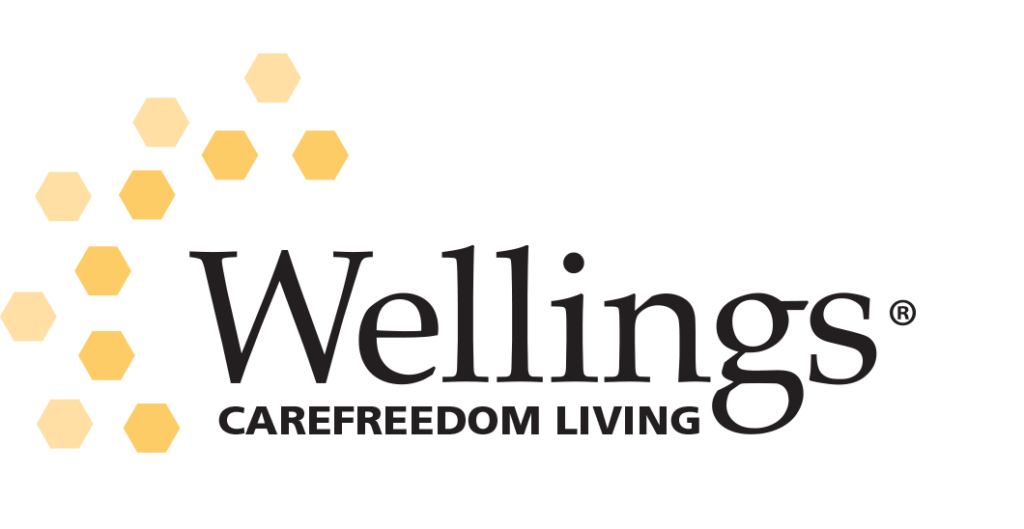
This Wellings blog by Kathie Donovan was exclusively written for Wellings Communities and appeared first on MyWellings.com.
